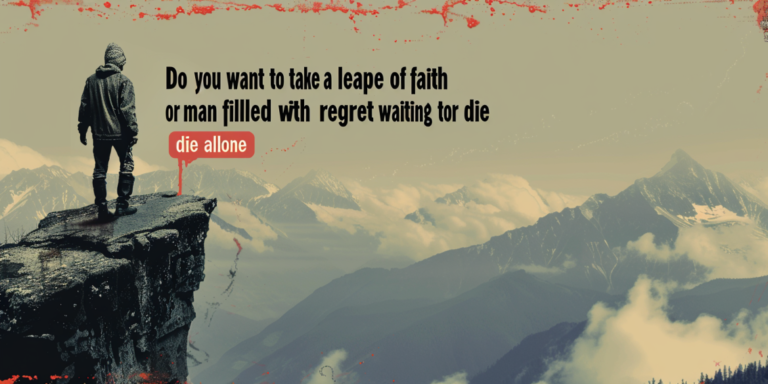“The Unknown Does Not Incite Fear, but Dependence on the Known Does”



“Intellect is not born in isolation; it is sculpted by the forces of our environment, molded by experience, and refined through continuous learning.” Introduction Intellect, often hailed as the pinnacle of human capability, is conventionally seen as a gift bestowed…

“We are always translating reality, not as it is, but as we are—through the filters of our prejudices, conditioning, hopes, and fears, shaping a world that reflects our inner landscape more than objective truth.” Introduction Human beings are creatures of…

“The elimination of fear clears the path for focused attention, where the mind is free to see with clarity and engage with life fully.” Introduction Fear is a primal and pervasive emotion that has shaped human evolution, survival, and societal…

“Moral relativism reveals the spectrum of human values, urging us to embrace the richness of diverse perspectives while critically examining our own beliefs to discern the balance between cultural respect and universal ethics.” Introduction Moral relativism, a concept that has…

“True communication begins where words end—with the intention to understand, the courage to listen, and the wisdom to connect beyond the spoken.” Introduction Communication is often regarded as the cornerstone of human interaction. It is through communication that we express…

“Regret is a lifestyle disease, born from the constant replay of past mistakes; it drains the present of joy and clouds the future with doubt.” Introduction Regret is an intrinsic part of the human experience, often arising when we reflect…

“Awareness is the quiet mastery of seeing things as they are, uncolored by judgment, untouched by desire—simply and profoundly, just as they are.” Introduction Awareness is a multifaceted and deeply transformative state of mind. It transcends mere consciousness, delving into…

“The desire for certainty, a shield we hold to protect ourselves, often becomes the very source of our deepest fears, for it blinds us to the beauty and growth that lie in embracing the unknown.” Introduction Human beings have an…

“Ambition without purpose is like chasing the wind—no matter how far you run, you’ll always be left empty-handed.” Introduction Ambition is often lauded as a key driver of success and achievement, a force that propels individuals toward their goals with…

“Fear is the shadow that distorts our vision, withers our spirit, and binds us to the very chains we must break to be free.” Introduction Fear is one of the most primal and potent emotions experienced by human beings. It…
